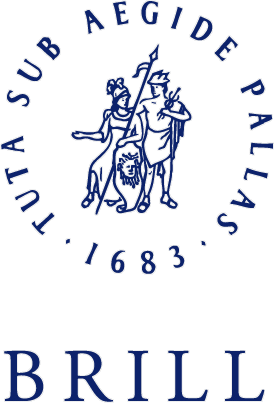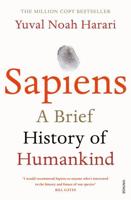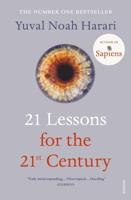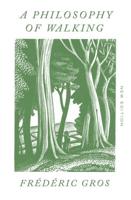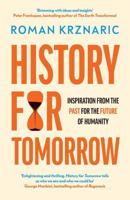Publisher's Synopsis
Machiavelli's early influence was more penetrating than has ever been believed, and this book explains why. The surprising answer leads the reader into the depths of the history of science, connecting Machiavelli's thought to new ways of thinking about experience, history, nature, and politics. This book argues that Machiavelli's works resonated with readers not merely because of the political and moral questions they raised and answered, but equally because of the ways in which Machiavelli engaged with these questions. His method reinforced the readers' own belief in the importance of an inductive and comparative approach, which relied on facts and numbers drawn from history and experience.
An impressive book that, for a change, measures Machiavelli's writings not against 21st-century binary schemes, but rather against the knowledge
categories and strategies of his 16th-century contemporaries and successors. Navigating skillfully among texts and authors both well-known and recondite, the author shows how the Florentine's ideas prompted and shaped a revolution in Western thought.
William J Connell, Professor of History, Seton Hall University
If you have ever wondered why Francis Bacon frequently quoted and lavished praise on Niccolò Machiavelli, this is the book for you. In it, Gábor Almási situates the latter with regard to the science of his time and shows that he was read initially in Italy, then in France, and finally in England as the exponent of an empiricism - divorced from theology, metaphysics, and morals - as pertinent to the study of the natural world as it is to the study of politics.
Paul A. Rahe, Charles O. Lee and Louise K. Lee Chair in the Western Heritage, Hillsdale College

